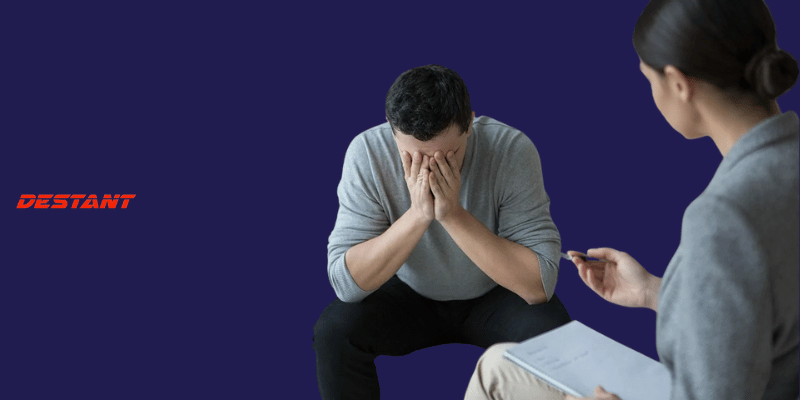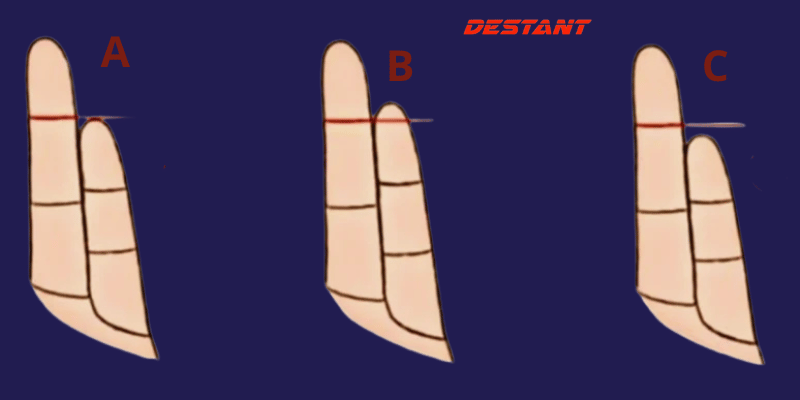Habits of individuals dealing with hidden depression
Depression is not always overt; Often hiding behind a facade of smiles and seemingly normal daily routines. Individuals with hidden depression navigate a complex world where struggle is hidden from view. In this exploration, we delve into the habits that may expose the presence of hidden depression, and shed light on the silent battles fought by those who bear this emotional burden.
Excessive smiling and joking:
Individuals with hidden depression may go to great lengths to hide their inner turmoil by constantly smiling and engaging in humor. This coping mechanism acts as a protective shield, preventing people from questioning their emotional well-being.
Perfectionism:
Striving for perfection in various aspects of life can be a clear sign of hidden depression. The relentless pursuit of perfection often serves as a distraction, allowing individuals to direct their energy toward achievements while avoiding confronting their emotional struggles.
Social withdrawal:
While some may appear outwardly sociable, those with hidden depression often withdraw from social activities over time. This withdrawal is not a rejection of others, but rather an attempt to deal with overwhelming feelings in private.
Irregular sleeping patterns:
Sleep disturbances, whether excessive sleeping or chronic insomnia, are common among individuals with hidden depression. The emotional toll may manifest in disturbed circadian rhythms, affecting their ability to maintain a regular sleep schedule.
Escape behaviors:
Engaging in excessive activities such as watching television shows, immersive gaming, or binging on substances can be a way for individuals to temporarily escape their internal conflicts. These behaviors act as a distraction from confronting the pain they are experiencing.
Self-isolation:
Gradually withdrawing from social interactions and spending more time alone may indicate hidden depression. The desire for solitude becomes a refuge from the emotional demands of social connection.
High functionality:
Individuals who deal with hidden depression often exhibit high functioning in their professional and personal lives. The ability to meet external expectations may coexist with internal conflict, creating a stark contrast between external success and internal turmoil.
Neglecting personal care:
Lack of attention to personal hygiene, changes in appearance, and neglect of self-care routines may indicate hidden depression. The depletion of emotional energy often leaves little room for concern for one’s physical well-being.
Understanding the habits associated with hidden depression is crucial to creating a compassionate and supportive environment. It is necessary to realize that the outer appearance may not reflect the inner emotional state of an individual. By promoting open communication, empathy and a non-judgmental approach, we can contribute to breaking down the barriers that mask the silent struggles of those dealing with hidden depression. Remember, the healing journey often begins with recognizing the signs and offering a helping hand to those in need.



